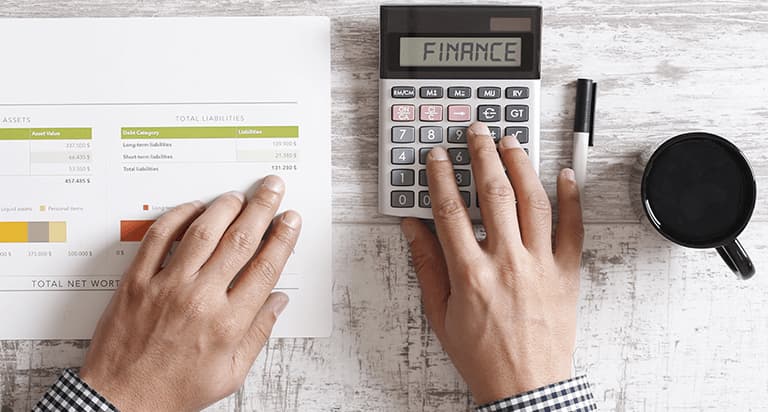What is a Credit Report?

A credit report is a summary of your credit history. But how can it help, or hurt, your financial future?
Your credit report can help determine whether or not you get that great mobile contract with the newest cellphone. It can also help you save hundreds of dollars in interest with a car loan or help you qualify for a new mortgage.
That’s because potential creditors and other businesses may use the information on your credit report when deciding whether to approve your credit application — and at what interest rate.
There are two nationwide credit reporting agencies in Canada — Equifax and TransUnion. They both maintain consumer credit reports containing information reported to them by lenders, creditors, and other sources. Some lenders may report information to both agencies, just one, or sometimes none at all.
Your Equifax credit report contains four types of information
-
Identifying information: This section includes your name, address, and date of birth, and may also include employment information and your Social Insurance Number (S.I.N.). This information is not used to calculate credit scores.
-
Credit accounts, also known as “tradelines”: These are accounts that you have established with creditors and generally contain the type of account (for example, a credit card, mortgage, or auto loan), the date you opened the account, your credit limit or loan amount, the account balance, and your payment history.
-
Inquiry information: This section lists every time your credit report was accessed and by whom. Each request or access to the credit report is called an “inquiry”. There are two categories of inquiries: hard and soft inquiries. Hard inquiries are the result of a lender or company checking your credit reports as part of a loan application and they may impact your credit scores. Soft inquiries can result from you checking your own credit reports and other non-credit related access and don’t impact your credit scores. Click here to learn more.
-
Bankruptcy, consumer proposal, court and collections information: Public court record information reported to Equifax, bankruptcies, and consumer proposals are also listed on your credit report. Past-due accounts that have been turned over to a collections agency could also be included on your credit report.
Your Equifax credit score is calculated using the information on your Equifax credit report at the time the score is calculated.
Check your credit reports regularly for signs of fraud
It’s important to check your credit reports regularly to ensure they’re accurate. Are all the inquiries related to your own applications for credit or other access you have authorized? Are all the listed accounts yours? If not, it could be a sign you’ve been the victim of identity theft or fraud.
If you use a credit monitoring product like Equifax CompleteTM Premier or Equifax CompleteTM Friends and Family, you’ll receive alerts about key changes to your Equifax credit report, which can help you detect signs of fraud faster.
If you find any errors on your Equifax credit report, you can dispute the information and/or place a fraud alert for free. Remember to also check your TransUnion credit report by contacting TransUnion directly.
With Equifax CompleteTM Premier, we monitor your credit report and score to help you spot signs of fraud. And if your identity is stolen, we'll help you recover.



